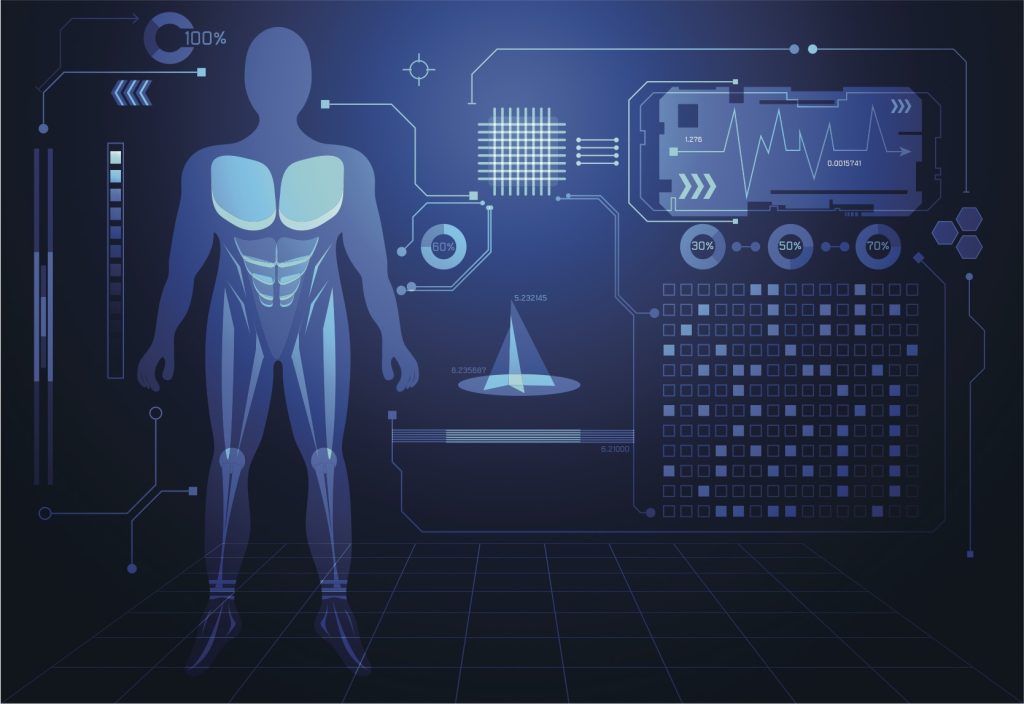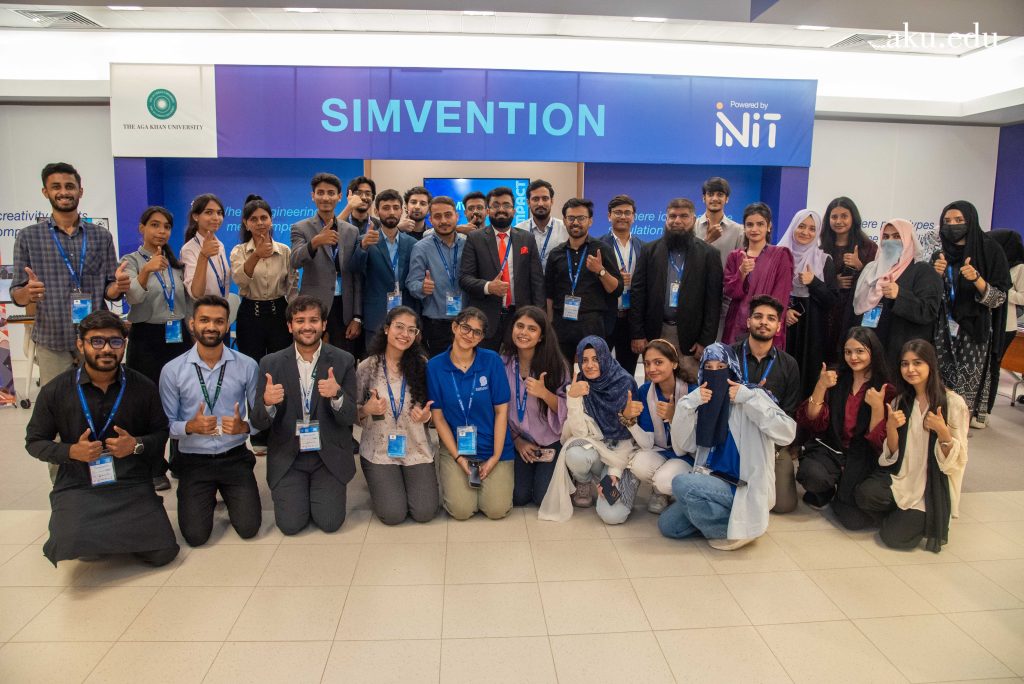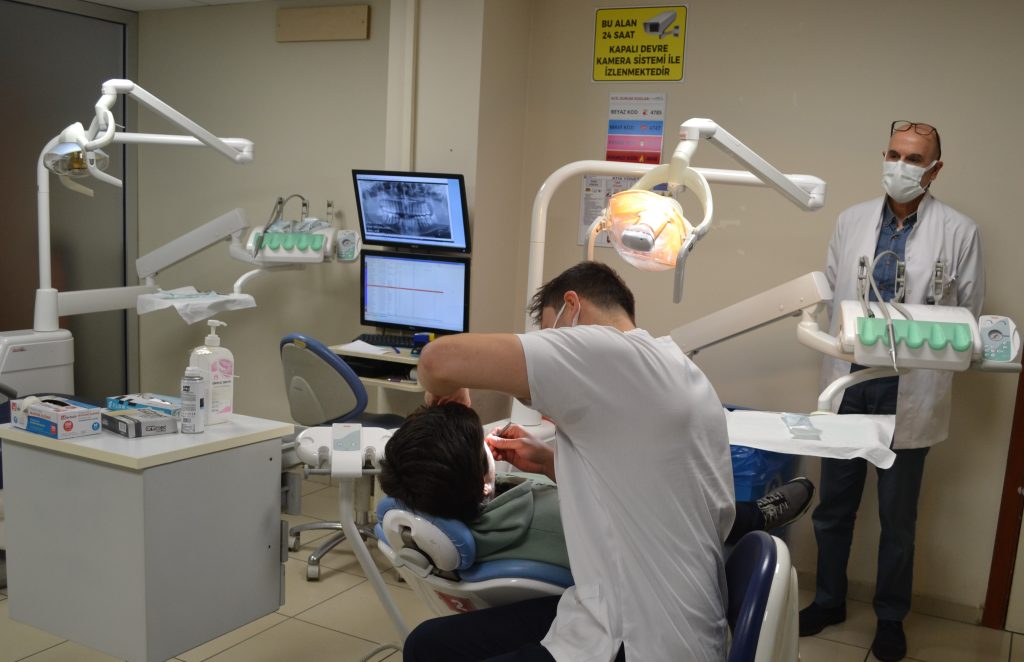CHEST (Comprehensive Healthcare Education Simulation Tool) is a new instrument for educators to assess Simulation in Nursing Education. Born in Qatar, CHEST captures the full spectrum of simulation learning, from engagement and motivation to cultural relevance and faculty support. It bridges gaps traditional tools overlook, turning feedback into actionable insights that enhance both teaching and student experience. CHEST reminds us that true simulation learning is as human as the care it prepares us to deliver.
When we launched the CHEST project, we had a simple but powerful realization: our simulation feedback tools weren’t telling the whole story. Simulation environments are rich, dynamic, and emotionally charged spaces, yet many evaluation tools offered only a narrow snapshot, mostly focused on confidence or basic satisfaction. We needed something more holistic, something that truly captured the multidimensional nature of learning in simulation.
Simulation-based learning (SBL) has become essential in nursing education. It bridges the critical gap between theory and clinical reality. Students practice, fail safely, reflect, and grow. Yet, most existing evaluation instruments focus on technical proficiency or general satisfaction levels. They rarely ask the deeper questions: Do students feel culturally seen in the scenarios? Are they genuinely engaged? Is faculty support equitable and impactful? These were the questions CHEST was born to answer.
CHEST stands for Comprehensive Healthcare Education Simulation Tool. Designed and validated in Qatar with over 200 nursing students across multiple academic levels, CHEST evaluates simulation through six critical lenses:
- the physical environment and resources,
- the role and effectiveness of faculty support,
- cultural and contextual relevance of scenarios,
- development of clinical skills and confidence,
- student engagement in the learning process, and
- the motivational impact of the simulation.

What makes CHEST truly different?
First, cultural alignment.
Qatar’s healthcare education landscape is uniquely multicultural, with students and faculty representing dozens of nationalities. Yet many of the scenarios used in SBL come from curricula developed in other regions, with different values, languages, and patient norms. CHEST evaluates whether simulation scenarios reflect the realities that students are likely to encounter in local practice. It considers cultural nuances, communication styles, and patient expectations, key to preparing nurses for practice in diverse settings.
Second, CHEST dives into motivation and engagement.
Beyond surface satisfaction, it explores whether simulation instills a lasting sense of purpose in students. Are they learning because they must, or because they feel inspired? Are they cognitively and emotionally engaged in the scenarios, or simply going through the motions? CHEST helps educators detect dips in engagement and identify what drives or hinders students’ motivation over time.
Third, CHEST delivers actionable, granular feedback.
Many evaluation tools offer a simple Likert-scale score and stop there. CHEST is different. It dissects the simulation experience and gives detailed insights into how each dimension supports – or hinders – learning. For example, if students indicate a lack of faculty feedback during debriefing, institutions can invest in faculty development. If cultural misalignment is flagged, it may trigger scenario redesign or even translation and localization efforts.
Why does this matter?
Because SBL is more than just manikins and moulage. It’s about people. It’s about the moments when a student doubts their ability, reflects on a mistake, or feels empowered to act. It’s in these moments that real learning happens. And to nurture those moments, we must understand the whole picture. That’s what CHEST offers.
Since its implementation, CHEST has already started reshaping our simulation programs. One surprising insight came when students rated faculty support highly but reported low cultural relevance in scenarios. This led to a redesign of our community health and maternal simulations to better reflect regional cultural norms, common family structures, and even linguistic cues. Another trend we noticed was a consistent dip in student motivation mid-semester. In response, we integrated reflective writing prompts and peer storytelling into our SBL debriefing sessions, which boosted engagement significantly.
We’re also exploring future enhancements. A version of CHEST that includes instructor and standardized patient feedback is already in development. We’re also investigating how to embed CHEST results into real-time dashboards to guide curriculum and faculty adjustments dynamically. With Artificial Intelligence and analytics, the future of simulation evaluation could become even more adaptive and personalized.
If you’re curious to explore CHEST or adapt it for your institution, it’s available open-access under a Creative Commons license. Just visit https://doi.org/10.1016/j.teln.2025.03.003. We welcome collaboration, feedback, and shared innovation.
In a world of high-fidelity mannequins and immersive virtual simulations, CHEST brings us back to what matters most: people. It’s a reminder that evaluation should be human-centered, holistic, and honest, just like the care we hope our students will one day provide.
READ ALSO













































